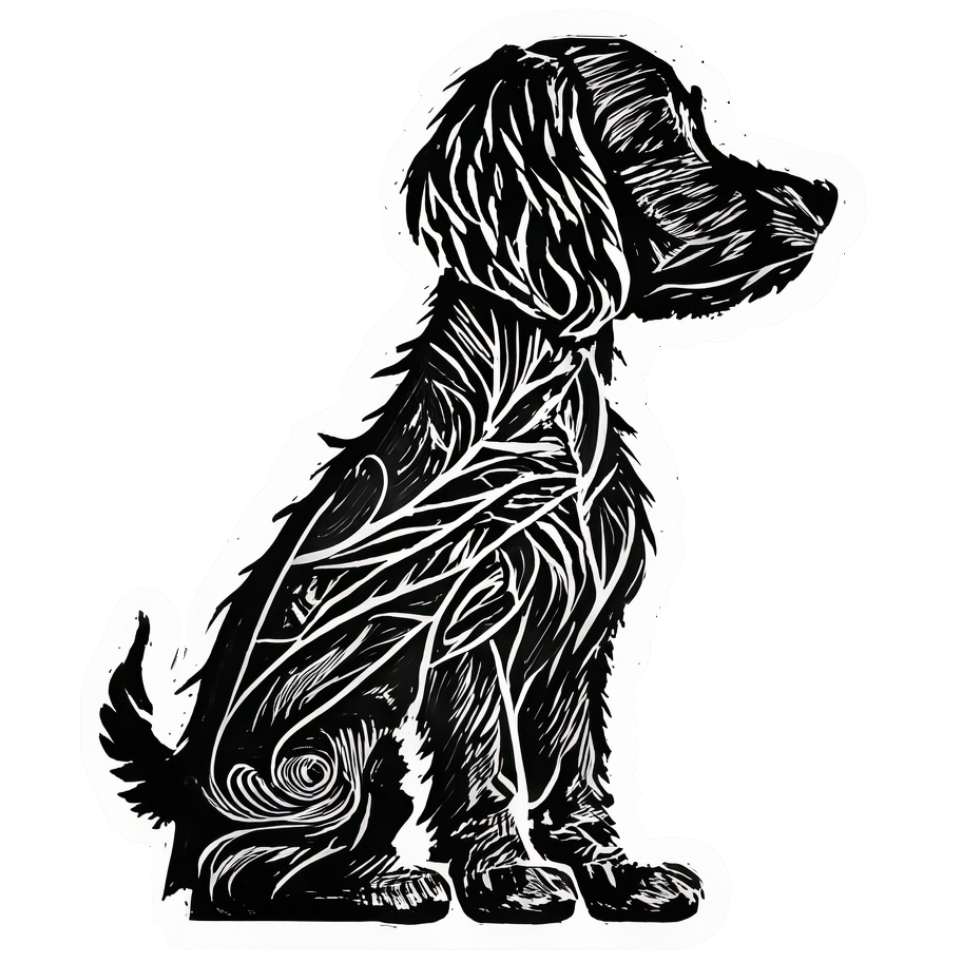A Comprehensive Guide to Feeding Your Canine Companion

Diet and nutrition are fundamental to a dog’s health, growth, and vitality. The choices we make regarding what and how we feed our canine companions have lasting impacts on their overall well-being. This article provides comprehensive guidelines on diet and nutrition for dogs, offering insights, recommendations, and practical tips to ensure a balanced and fulfilling dietary regimen.
1. Understanding Nutritional Needs
- Proteins: Essential for growth, energy, and overall health.
- Fats: Provide energy, support brain function, and maintain a healthy coat.
- Carbohydrates: Offer energy and aid in digestion.
- Vitamins and Minerals: Necessary for various bodily functions and immune support.
- Water: Vital for hydration and overall bodily functions.
2. Choosing the Right Dog Food
- Quality Ingredients: Look for whole, recognizable ingredients and avoid fillers or artificial additives.
- Life Stage Specific: Choose food formulated for your dog’s age, whether puppy, adult, or senior.
- Breed-Specific Needs: Consider any specific nutritional needs related to your dog’s breed or size.
- Consulting a Veterinarian: Seek professional guidance to select the most appropriate diet for your dog.
3. Feeding Guidelines
- Portion Control: Follow the feeding guidelines on the packaging or consult your veterinarian.
- Feeding Schedule: Establish regular feeding times to promote digestive health.
- Fresh Water: Ensure access to fresh, clean water at all times.
4. Managing Weight and Obesity
- Monitoring Weight: Regular weight checks and adjustments to feeding as needed.
- Exercise: Incorporate regular physical activity to maintain a healthy weight.
- Specialized Diets: Consider weight management formulas if obesity is a concern.
5. Special Dietary Considerations
- Allergies and Sensitivities: Identify and avoid allergens, and consider hypoallergenic diets.
- Medical Conditions: Special diets may be required for conditions like diabetes, kidney disease, or gastrointestinal issues.
- Pregnancy and Lactation: Adjust diet to meet the increased nutritional demands during pregnancy and nursing.
6. Treats and Human Food
- Moderation: Treats should make up no more than 10% of the daily caloric intake.
- Avoid Toxic Foods: Certain human foods, such as chocolate, grapes, and onions, are toxic to dogs.
7. Homemade Diets
- Nutritional Balance: Ensuring a homemade diet meets all nutritional requirements can be complex.
- Consulting a Veterinary Nutritionist: Seek professional guidance to formulate a balanced and appropriate homemade diet.
8. Transitioning Diets
- Gradual Change: When changing diets, do so gradually over a week to avoid digestive upset.
Conclusion
Diet and nutrition are more than mere sustenance for our canine companions; they are expressions of care, understanding, and responsibility. By embracing the principles and practices of proper diet and nutrition, dog owners invest in the health, happiness, and longevity of their furry friends. The journey of nourishing our dogs is a shared path, reflecting our commitment to their well-being and the joy and companionship they bring into our lives.
